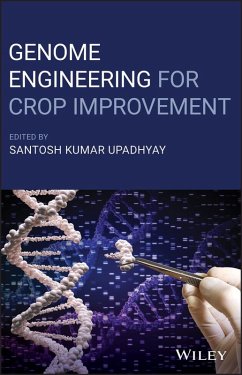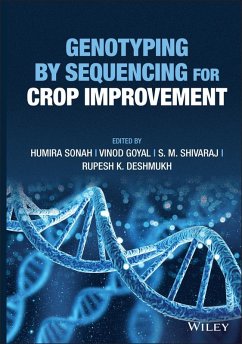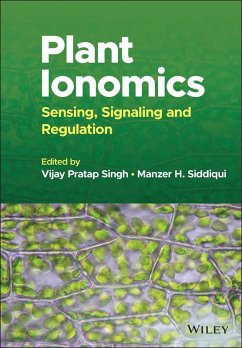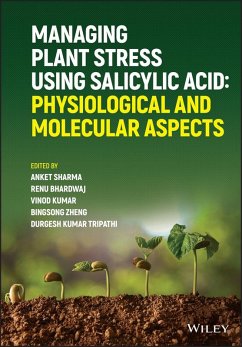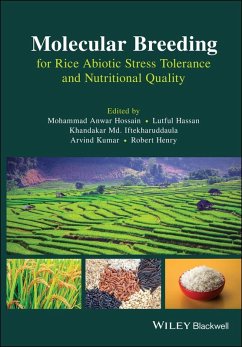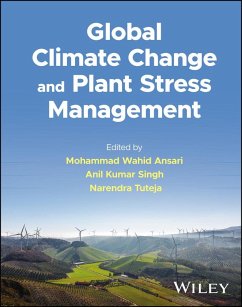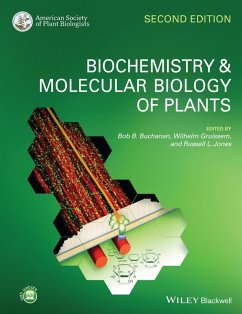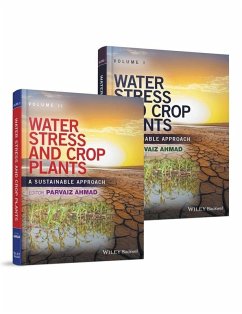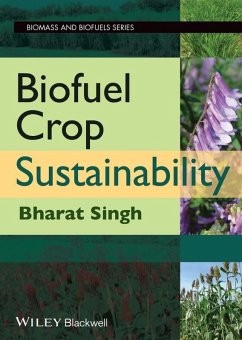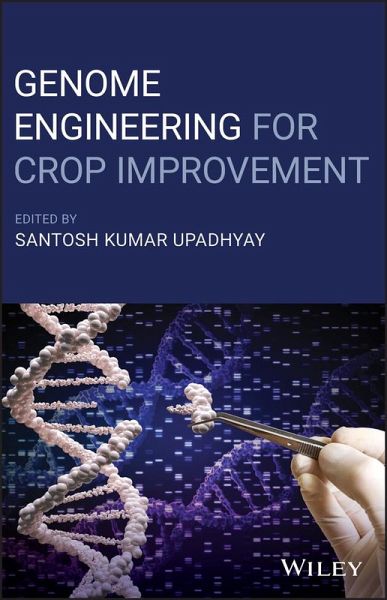
Genome Engineering for Crop Improvement (eBook, ePUB)
Versandkostenfrei!
Sofort per Download lieferbar
170,99 €
inkl. MwSt.
Weitere Ausgaben:

PAYBACK Punkte
0 °P sammeln!
In recent years, significant advancements have been made in the management of nutritional deficiency using genome engineering--enriching the nutritional properties of agricultural and horticultural crop plants such as wheat, rice, potatoes, grapes, and bananas. To meet the demands of the rapidly growing world population, researchers are developing a range of new genome engineering tools and strategies, from increasing the nutraceuticals in cereals and fruits, to decreasing the anti-nutrients in crop plants to improve the bioavailability of minerals and vitamins. Genome Engineering for Crop Imp...
In recent years, significant advancements have been made in the management of nutritional deficiency using genome engineering--enriching the nutritional properties of agricultural and horticultural crop plants such as wheat, rice, potatoes, grapes, and bananas. To meet the demands of the rapidly growing world population, researchers are developing a range of new genome engineering tools and strategies, from increasing the nutraceuticals in cereals and fruits, to decreasing the anti-nutrients in crop plants to improve the bioavailability of minerals and vitamins. Genome Engineering for Crop Improvement provides an up-to-date view of the use of genome editing for crop bio-fortification, improved bioavailability of minerals and nutrients, and enhanced hypo-allergenicity and hypo-immunogenicity. This volume examines a diversity of important topics including mineral and nutrient localization, metabolic engineering of carotenoids and flavonoids, genome engineering of zero calorie potatoes and allergen-free grains, engineering for stress resistance in crop plants, and more. Helping readers deepen their knowledge of the application of genome engineering in crop improvement, this book: * Presents genetic engineering methods for developing edible oil crops, mineral translocation in grains, increased flavonoids in tomatoes, and cereals with enriched iron bioavailability * Describes current genome engineering methods and the distribution of nutritional and mineral composition in important crop plants * Offers perspectives on emerging technologies and the future of genome engineering in agriculture Genome Engineering for Crop Improvement is an essential resource for academics, scientists, researchers, agriculturalists, and students of plant molecular biology, system biology, plant biotechnology, and functional genomics.
Dieser Download kann aus rechtlichen Gründen nur mit Rechnungsadresse in A, B, BG, CY, CZ, D, DK, EW, E, FIN, F, GR, HR, H, IRL, I, LT, L, LR, M, NL, PL, P, R, S, SLO, SK ausgeliefert werden.




